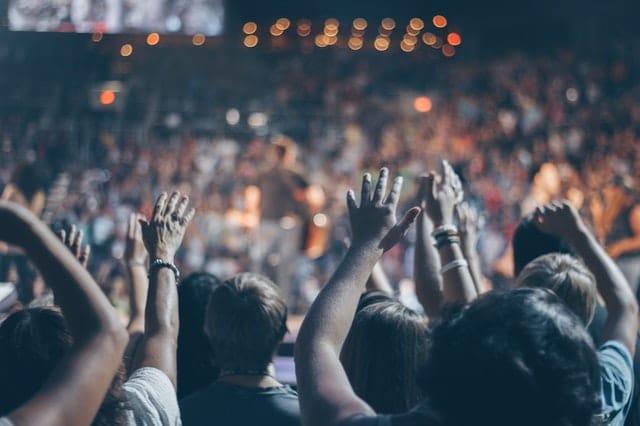While COVID-19 may have caused the Los Angeles Coliseum to close its doors, that doesn’t mean your ears are safe from loud noises. Hearing loss has been linked to depression, anxiety, social withdrawal and even cognitive decline, which is why it’s essential to protect your ears now. We provide an overview of how to prevent hearing loss caused by noise exposure below.
What Is Noise-Induced Hearing Loss?

Noise-induced hearing loss is a type of sensorineural hearing loss caused by exposure to unsafe noise levels. In most cases, the condition is permanent.
Within the inner ears are tiny hair cells called stereocilia. These cells are responsible for converting soundwaves into electrical energy that the brain interprets as sound, and each cell is responsible for processing a different frequency. When dangerously loud sounds pass through the ears, it can damage or destroy these cells, and you lose the ability to process those sounds. Once destroyed, the cells do not grow back.
Any sound over 85 dB can cause hearing loss over time. While sounds at 85 dB – about the volume of passing highway traffic – can cause damage after eight hours or more of exposure, sounds at 100 dB – the volume of your headphones at high volume – can cause irreversible damage in as little as 15 minutes.
How to Prevent Damage to Your Hearing
We’ve compiled some tips to protect yourself from unsafe noises.
Reduce Your Volume
The World Health Organization reports that approximately 1.1 billion young people are at risk of NIHL, largely thanks to the popularity of personal music players. We recommend following the 60/60 rule: Listen to music at 60% of the device’s maximum volume for no more than 60 minutes at a time.
Invest in Hearing Protection
There are many options for different types of hearing protection.
- Disposable earplugs are inexpensive and can be purchased at most drug stores
- Earmuffs can be found online or at big box stores and reduce noise levels by 15 to 30 dB
- Custom earmolds can be molded at your audiologist’s office for maximum comfort and protection
Take Listening Breaks
If you’re listening to music, watching a movie or just spending time in a noisy environment, it’s important to take listening breaks. If your ears are ringing after a concert or explosion, we recommend resting your ears for at least 12 to 16 hours.
For more information or to schedule an appointment, call The House Institute Hearing Health Centers today.